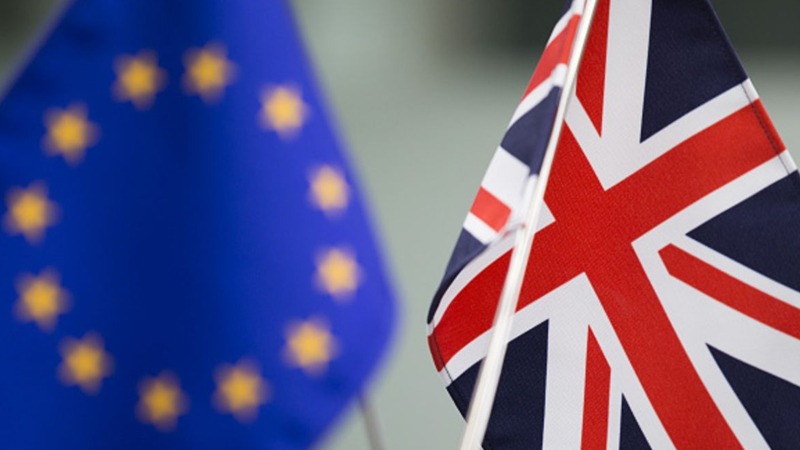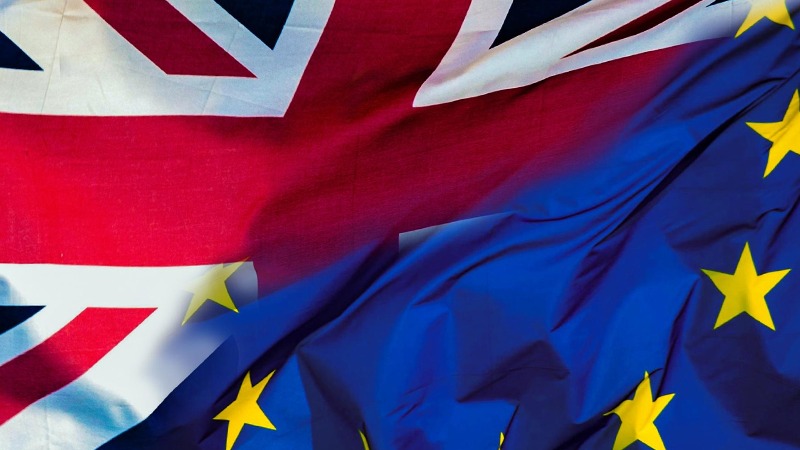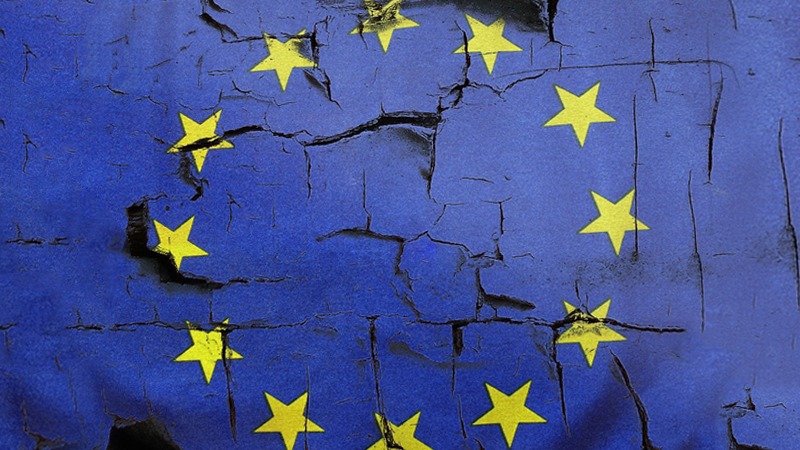For the first time in the two-year period following the Brexit referendum in Great Britain, prime minister Theresa May has agreed to a preliminary version of the deal with her Сabinet. Both sides have approved a text which will finalize Great Britain’s exit from the European Union.
A number of British ministers resigned from their posts in protest of the decision.

The draft version of the agreement on Brexit includes 585 pages. According to media sources, among the main articles of the text are:
- – Regulation of financial relations with the European Union (payments)
- – Guarantees of the rights of the British citizens living in the EU
- – The sensitive issue of Northern Ireland and Ireland (particularly in regard to customs regulations after the country leaves the European Union). Great Britain’s exit from the united market of the EU and from the Customs union poses questions regarding the borders between the Republic of Ireland and Great Britain. The European Union insisted on leaving Northern Ireland as a part of the Customs union and the uniform market, but Great Britain did not agree. According to the last arrangement, the European Union agrees to keep former conditions of customs regulations with Great Britain, but under one condition: London will not be able to leave itself.
- – Questions Great Britain and the EU’s mutual access to the markets.
- – The transition period after Brexit will be about 21 months
- – This, however, includes Great Britain’s right to prolong the transition period till July 1, 2020 if necessary.
Meanwhile, the document was unable to achieve consensus among members of the British government – resulting in the Cabinet of Ministers suffering new losses: in protest, four ministers have resigned from Theresa May’s government, including the minister in charge of Brexit, leaving the new plan in increasing disarray and May’s leadership under pressure.
11 of 29 members of the government voted against the agreement – it is obvious that there was no consensus, and that the plan faces heavy criticism from all sides.
British power seems itself to be falling apart alongside the country’s break from the European Union. A number of ministers insist on Theresa May’s resignation.
The agreement was opposed, in particular, by Scotland, who called it “bad deal” and unprofitable. The Scottish side reasons the agreement threatens “employment, investments and quality of life”.

Some politicians are dissatisfied with the deal because the situation in Northern Ireland may become a threat to the territorial integrity of the state. Others refer to the fact that the EU still has a veto on Britain’s exit under the agreed upon terms.
The main claim of opponents against the present agreement is that it does not correspond to the criteria which Theresa May originally laid out.
Meanwhile, the Euro-bureaucrats are rather satisfied. The EU’s representative Michel Barnier said that the preliminary agreement is “very important step for the completion of negotiations”. The head of European Commission Jean-Claude Juncker described the events as “significant progress”.
Brussel wants to make sure that Great Britain will not be able to independently solve its problems so that the EU can continue to use the country as a cash cow. It has made obvious attempts to cancel the deal altogether. In May, George Soros made a statement that he will start a campaign in favor of a second Brexit referendum, financing several marches aimed at resetting negotiations.

















Leave a Reply